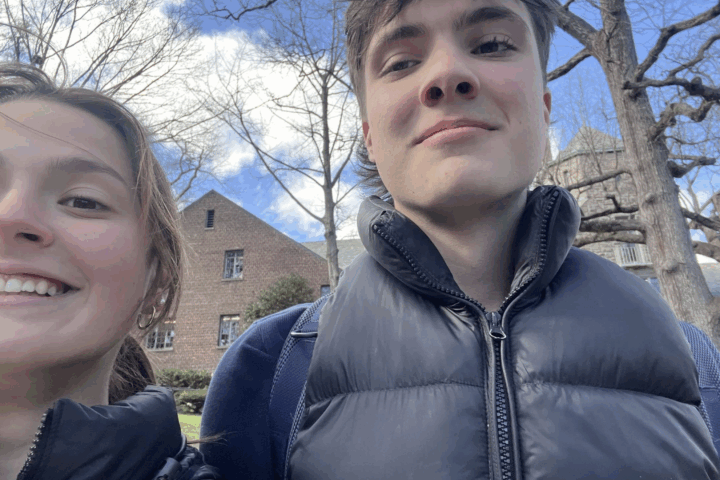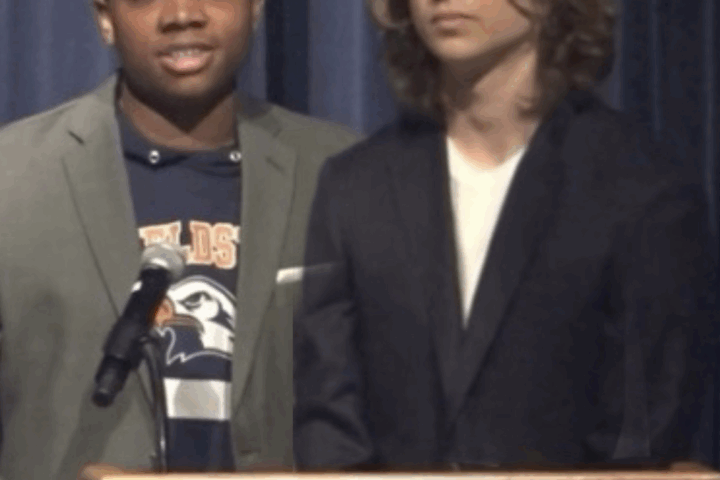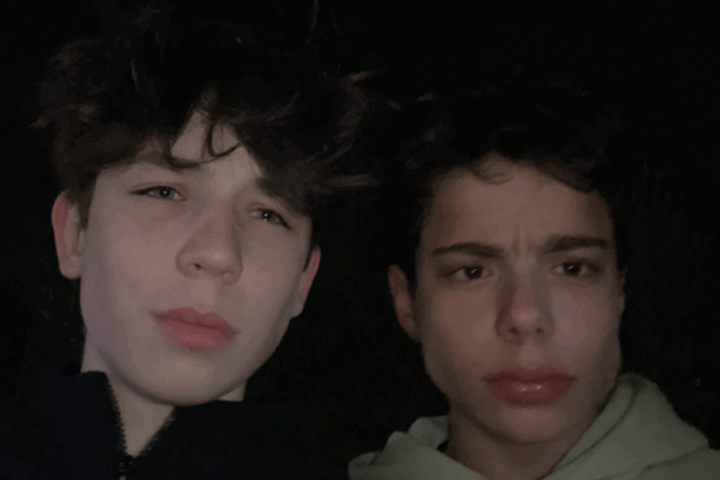
On October 17, 2009, 17-year-old Tyler Long took his own life. After having suffered years of vicious bullying at Murray County High School in Georgia, he could take no more. He changed into his favorite outfit, tied a leather belt around his neck, and hanged himself in his bedroom.
As heartbreaking as Tyler’s story is, it is not unique. A horrible epidemic of bullying has seeped into adolescent communities throughout the country, and no simple solution exists. Almost seven percent of American high school students have attempted suicide. According to the U.S. Department of Education, 160,000 kids skip school everyday out of fear for bullies.
Many school administrators and teachers across the country have proven incapable of combating bullying. “Kids will be kids,” they say, “and pushing each other around is a normal part of growing up.” But bashing a peer’s head against the side of a school bus until he or she loses consciousness is not in the realm of acceptable teenage behavior.
In response to the rising severity of bullying, Fieldston invited Bully co-producer Cynthia Lowen to come speak to the community, specifically to its STS leaders. Bully is an award-winning documentary featuring the stories of five adolescent bully victims throughout the country. STS leader Matt Gibson described the movie as “a good example of the problems with the school system in regards to how they deal with bullying — it really surprised [him] how nonchalant many of the teachers were to the blatant bullying.” Another leader, Sophie Bokor, said “it was striking to see such physically violent bullying because [she had] never seen anything as graphic and intense at Fieldston.”
One thing Ms. Lowen emphasized to Fieldston students was that while her co-producer Lee Hirsch brought to the production his years of filmmaking, she had the experience and the vision of a writer (Ms. Lowen received an MFA in creative writing from Sarah Lawrence College and is a winner of several prominent poetry competitions). She also clearly feels a personal attachment to the world of bullying and the stresses of adolescent life. “I was super shy, afraid of kids,” she explained, “Junior High was not where I felt comfortable.”
Lowen and Hirsch filmed Bully over the course of the 2009-2010 school year. The project was prompted by two teenage suicides. “Even though there had been tons of youth suicides previously,” Ms. Lowen said, “people had swept it under the rug.”
New York Times film critic A. O. Scott helps us understand why this film was so well received. “While the film focuses on the specific struggles of five families in four states,” Mr. Scott writes, “it is also about – and part of – the emergence of a movement.” Bully gave a voice to an issue that had been formerly ignored, denied and defended against.
Since Bully’s debut, Lowen and Hirsch have launched “The Bully Project,” which provides more information on the film, a companion book containing inspiring narratives, and various “toolkits” that help kids, parents and teachers educate themselves about bullying.
Whether it is conspicuous or not, in the cafeteria or over Facebook, bullying is an issue that demands the attention of every student, parent, and faculty member. At Fieldston, Ms. Lowen helped STS leaders incorporate the messages of her film into the Middle School Ethics curriculum and the spirit of our community. Ultimately, her presentation underlined the importance of Fieldston’s commitment to work collectively to build a community based on respect and safety for everyone who walks through the school’s doors.






